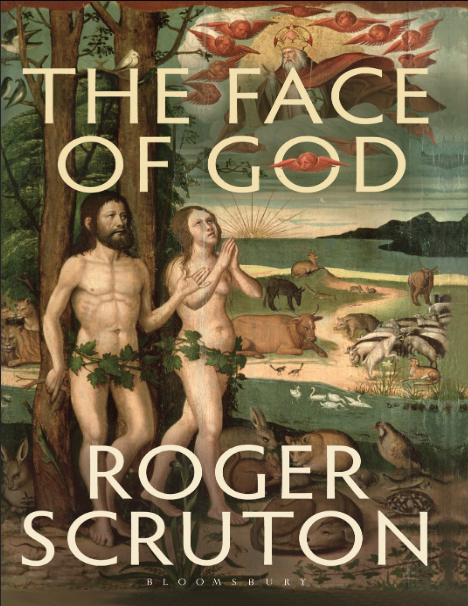Newly released
This book is new and will be uploaded as soon as it becomes available to us and if we secure the necessary publishing rights.

The face of God Book PDF
(0)
Author:
Roger ScrutonNumber Of Reads:
66
Language:
English
Category:
Social sciencesSection:
Pages:
159
Quality:
excellent
Views:
1199
Quate
Review
Save
Share
New
Book Description
Roger Scruton explores the place of God in a disenchanted world. His argument is a response to the atheist culture that is now growing around us, and also a defence of human uniqueness. He rebuts the claim that there is no meaning or purpose in the natural world, and argues that the sacred and the transcendental are 'real presences', through which human beings come to know themselves and to find both their freedom and their redemption.
In the human face we find a paradigm of meaning. And from this experience, Scruton argues, we both construct the face of the world, and address the face of God. We find in the face both the proof of our freedom and the mark of self-consciousness. One of the motivations of the atheist culture is to escape from the eye of judgement. You escape from the eye of judgement by blotting out the face: and this, Scruton argues, is the most disturbing aspect of the times in which we live. In his wide-ranging argument Scruton explains the growing sense of destruction that we feel, as the habits of pleasure seeking and consumerism deface the world. His book defends a consecrated world against the habit of desecration, and offers a vision of the religious way of life in a time of trial.
Roger Scruton
Roger Scruton who has died of lung cancer aged 75, was a philosopher and a controversial public intellectual. Active in the fields of aesthetics, art, music, political philosophy and architecture, both inside and outside the academic world, he dedicated himself to nurturing beauty, “re-enchanting the world” and giving intellectual rigour to conservatism.
He wrote more than 50 books, including perceptive works on Spinoza, Kant, Wittgenstein and the history of philosophy, and four novels, as well as columns on wine, hunting and current affairs, and was a talented pianist and composer.
A member of the traditionalist-conservative Salisbury Group, he helped found the Salisbury Review, which he edited from 1982 to 2001. This quarterly, which was circulated in the Soviet bloc, often in samizdat form, was criticised in Britain for having retrograde attitudes. In 1984 it defended Ray Honeyford, the Bradford headteacher who had disputed the value of multicultural education. Consequent hostility from colleagues prompted Scruton to abandon in 1992 his professorship in aesthetics at what is now Birkbeck, University of London, where he had started as a lecturer in 1971. Though he felt this had scuppered his academic career, in the event it freed him for activities and adventures on a wider stage.
Read More
Book Currently Unavailable
This book is currently unavailable for publication. We obtained it under a Creative Commons license, but the author or publisher has not granted permission to publish it.
Rate Now
5 Stars
4 Stars
3 Stars
2 Stars
1 Stars
The face of God Quotes
Top Rated
Latest
Quate
Be the first to leave a quote and earn 10 points
instead of 3
Comments
Be the first to leave a comment and earn 5 points
instead of 3